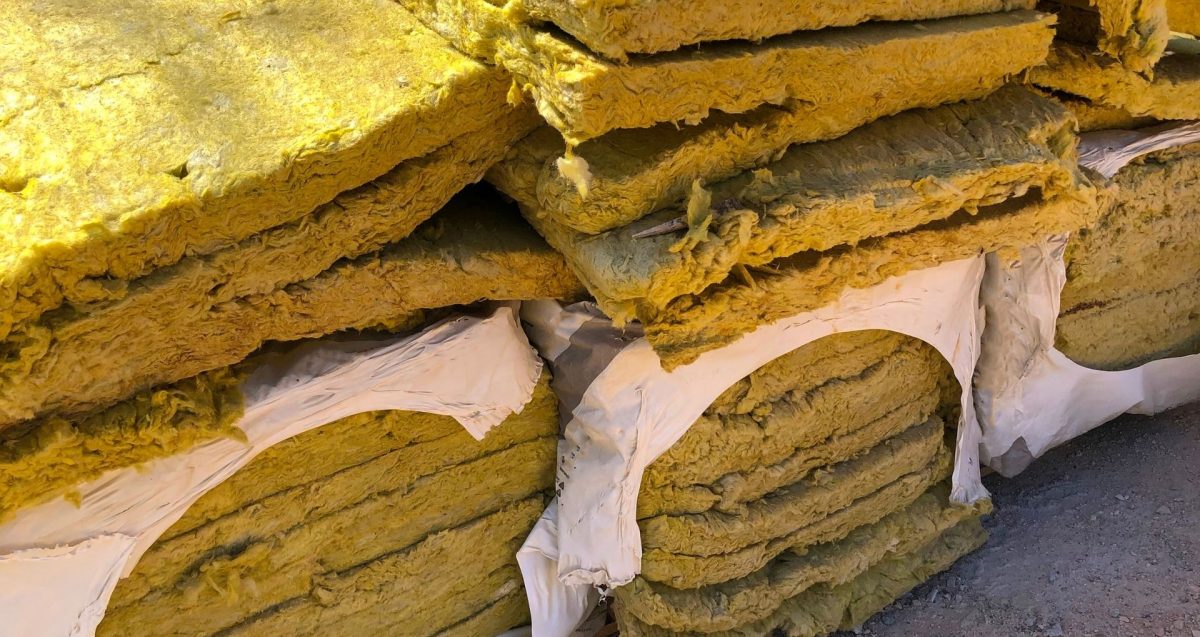Rock wool insulation typically has a fibrous appearance and a dense, compressed form. It is commonly available in the form of rolls or boards. The color of rock wool insulation can vary, but it is often yellowish or brownish in color due to the natural color of the mineral fibers used in its production. The material may also be coated or covered with a specialized membrane for added protection and ease of installation. Rock wool insulation is commonly used in construction projects for areas such as ceilings, walls, and floors. Its fibrous structure provides excellent sound insulation and fire resistance properties.
Table of Contents
ToggleWhat color is rock wool insulation?
Rock wool insulation is typically available in a yellowish or brownish color. The natural color of the mineral fibers used in its composition contributes to this coloration. However, it’s important to note that the actual color of rock wool insulation can vary depending on the specific manufacturer and any additional treatments or coatings applied to the material. In some cases, rock wool insulation may also have a grayish or off-white appearance. The color of rock wool insulation is primarily determined by its raw materials and production processes.
Is rock wool better than regular insulation?
Rock wool insulation offers several advantages that make it a preferred choice in many applications, but whether it is better than regular insulation depends on the specific needs and requirements of the project. Here are some factors to consider:
Thermal Performance: Rock wool insulation has excellent thermal properties and provides effective insulation against heat transfer. It has a high R-value, which measures its resistance to heat flow. However, the thermal performance of insulation materials can vary, and it’s essential to compare them based on the specific project requirements.
Fire Resistance: Rock wool insulation is highly fire-resistant. It is non-combustible and can withstand high temperatures without melting or emitting toxic gases. This makes it an ideal choice for applications where fire safety is a concern.
Sound Insulation: Rock wool insulation has excellent sound-absorbing properties, making it effective at reducing noise transmission between rooms or from external sources. It can help create quieter and more comfortable indoor environments.
Moisture Resistance: Rock wool insulation is naturally moisture-resistant, as it repels water and does not absorb moisture easily. This can help prevent the growth of mold or mildew and maintain the insulation’s effectiveness over time.
Environmental Considerations: Rock wool insulation is made from natural materials, including volcanic rock or basalt. It is generally considered to be environmentally friendly and can be recycled. However, it’s important to consider the manufacturing process and the specific product’s environmental certifications.
Ultimately, the choice between rock wool insulation and other types of insulation depends on factors such as thermal performance requirements, fire safety regulations, acoustic needs, moisture conditions, and environmental considerations. It is recommended to consult with professionals or experts in the field to determine the best insulation solution for a particular project.

Is Rockwool insulation any good?
Yes, Rockwool insulation is highly regarded as an effective insulation material. Here are some reasons why Rockwool insulation is considered to be good:
Thermal Performance: Rockwool insulation has excellent thermal properties and provides effective insulation against heat transfer. It helps to keep the indoor environment comfortable by reducing heat loss in winter and heat gain in summer.
Fire Resistance: Rockwool insulation is known for its exceptional fire resistance. It is non-combustible and can withstand high temperatures without melting or emitting toxic fumes. This makes it a safe choice for applications where fire protection is a concern.
Sound Insulation: Rockwool insulation has excellent sound-absorbing properties, which helps to reduce noise transmission between rooms or from external sources. It can improve the acoustic performance of buildings, creating quieter and more comfortable living or working spaces.
Moisture Resistance: Rockwool insulation is resistant to moisture and does not absorb water easily. It helps to prevent the growth of mold or mildew, maintaining a healthy indoor environment.
Durability: Rockwool insulation is durable and retains its insulating properties over time. It does not shrink, sag, or settle, ensuring long-term performance and energy efficiency.
Sustainability: Rockwool insulation is made from natural materials, typically basalt rock or recycled slag. It is considered an environmentally friendly option as it is recyclable and does not release harmful substances into the environment.
It’s important to note that the suitability of Rockwool insulation depends on the specific project requirements and building needs. Consulting with professionals or experts can help determine the most appropriate insulation solution for your specific application.



